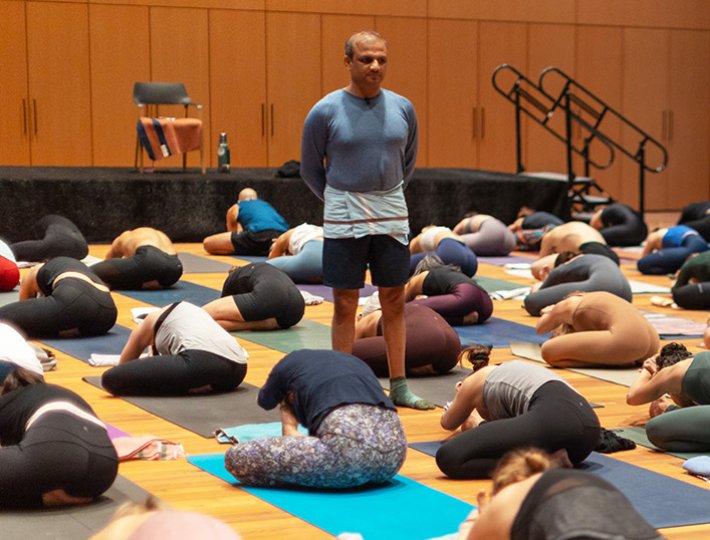Dear Rinpoche,
After 25 years of marriage to a man who became slowly yet progressively more withdrawn, paranoid, and then abusive, I am separating myself from him through divorce. This is the saddest, most difficult, and depressing experience I have ever gone through. I find the loss of dreams and expectations for what I thought my life would be, for my suffering, my children’s suffering, the terrible destruction of a home and family and what should have been good, and also his suffering and inability to choose a better path, almost too much to bear. I have had to walk away from my home, most of my possessions, and financial security in order to find safety, dignity, and preserve my ethics. I still have the love of my adult children and family, and am trying to better understand the lessons of learning, and let go of all the pain that comes from attachment. However, depression, sadness, and fear sweep in like a tidal wave over and over. How does one best view and live with the sadness of loss and destruction? How does one best view and live with someone who continues to be vengeful and hurtful, while accepting no responsibility? How do I, his children, and others he hurts (including himself) understand this? How does one start over halfway through life? Thank you and may you be blessed.
Sincerely,
Grateful
Dear Grateful,
The subtlest action has so many consequences. We need to bring this recognition into our relationships. Life is difficult, our emotions are difficult, and so our relationships are going to be difficult too. Still, we can remind ourselves to have patience and understanding, even in the middle of pain and loss. We have to think deeply about the way a relationship is composed of two individual human beings interacting with one another. And in this light we can work to become stable individuals.
In general we need to take care and watch ourselves to see the problems that are produced by our own reactions. These problems can come in many forms, and this is very important to understand. If I handle myself well then I can better navigate the difficulties in my relationship. If I have more patience, more understanding, then I can work with the conditions skillfully. If I do not, then I cannot.
In light of your situation, I want to say that yes, I think that a bad person can slowly change and become good, and that a good person can sometimes change to become bad. These outcomes are the results of individual habits, patterns, and the many obstacles of life. But whether we are a religious person or not, whether we are a spiritual person or not, and whether we are dealing with a “bad” person or not, we need to properly handle our own body, mind, and speech. In this way we can be healthy and work towards reconciliation in a well-motivated way. A well-motivated way is a compassionate way, a loving way, a calm way.
The first step, when you are going through the difficulties of destruction, regret, and sadness, is to clearly see what is happening and to approach what you see with loving-kindness, compassion, and an understanding of impermanence. We have to make the effort to claim this approach.
Related: A Guided Meditation for Dealing with Heartbreak
We need to explain to our children the reality of impermanence and teach them to acknowledge the changing environment of life. We need to understand this ourselves. We need to teach our children about acceptance, and in the midst of this provide them with a positive view on life—a view that does not encourage strong judgment, but encourages clarity and acceptance. Of course, this is both parents’ responsibility. If there is one person who is creating a torturous situation, we can approach the causes for that torture on multiple levels—through talking and sharing of experience. But we also need to create space for one another.
Essentially I’m telling you that relationships are composed of individuals, which is why how you handle your own mind is so important. When my mind is unhealthy I really do create chaos in my relationships—when my mind is unhealthy I actually love to see chaos in my relationship. But when I notice that I’m cultivating a healthy and happy life through acceptance and clarity, I have much more ground to work with. I can see, through my own individual input into the relationship, what happens when I take on the responsibility to act with dignity.
Now I would also like to tell you, my dear, please take care of yourself. That is the bottom line. Take care of yourself and take care of your children. See what is happening in this relationship with clarity and take to heart the lessons it offers, even in the pain, and don’t give up on everyone so easily. Create some space and give goodness a chance in it all.
With Compassion,
Rinpoche
Need advice? Submit a question to Rinpoche here.








Comments (1)